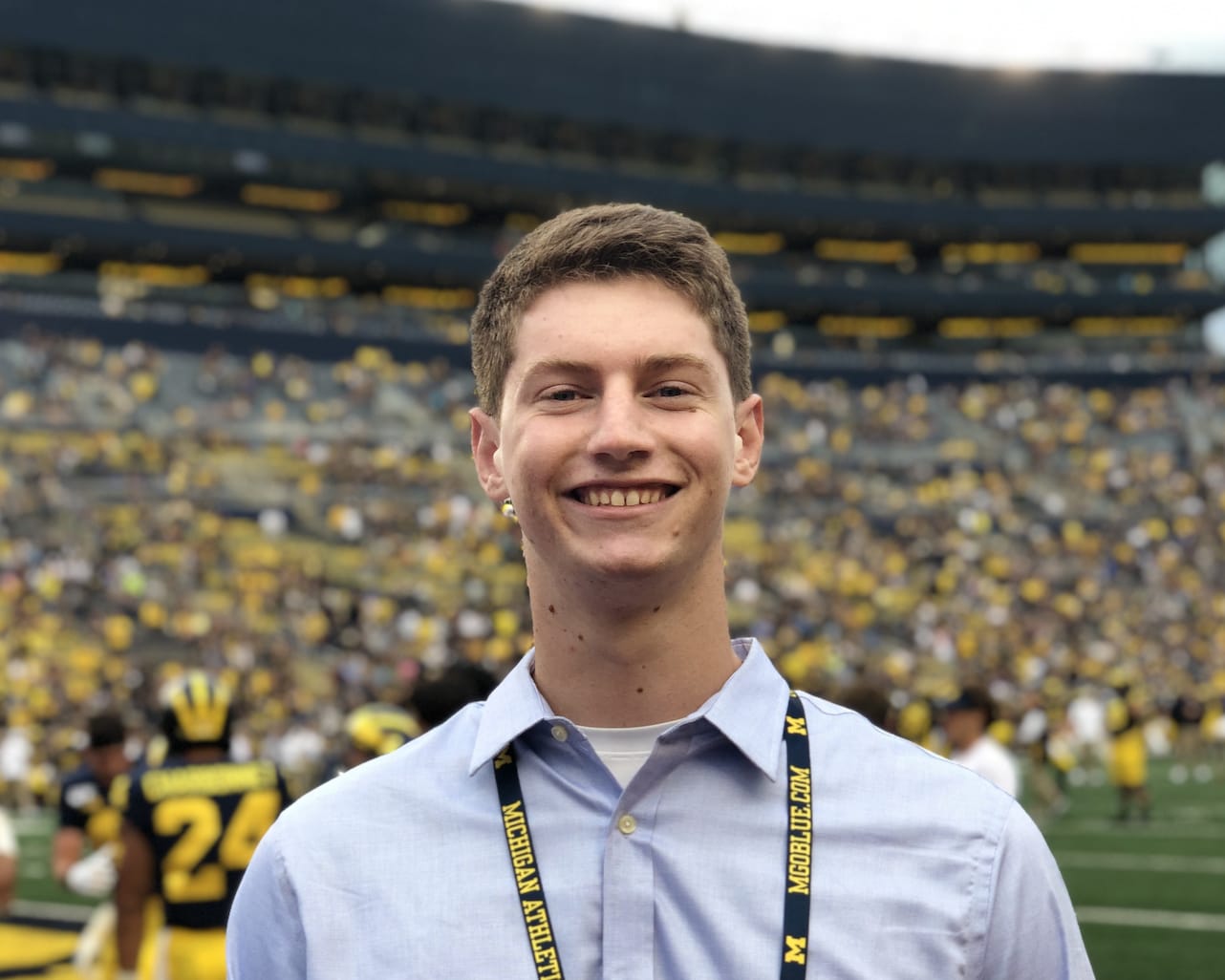In the 1989 national title game, late-game execution put the Michigan men’s basketball team over the top. With Wolverines trailing by a point, point guard Rumeal Robinson knocked down a pair of clutch free throws with mere seconds remaining in overtime, helping the program secure its lone national championship.
On Tuesday night, more than three decades later, a similar scenario took shape at Crisler Center. This time, with Michigan trailing Seton Hall by two points, sophomore forward Terrance Williams stepped to the line to shoot a pair of free throws. Just 0.8 seconds were left on the clock.
But unlike Robinson, Williams missed the first. After it clanked off the front of the iron, the Wolverines needed him to miss the second on purpose in order to generate a quick putback opportunity. Instead, Williams accidentally banked it in, and the unranked Pirates escaped with a 67-65 upset of No. 4 Michigan.
Williams’s two late-game mistakes at the charity stripe put the nail in the Wolverines’ coffin, but there were many other examples of the team’s poor execution down the stretch. Michigan saw a double-digit second-half lead gradually slip away and failed to make the winning plays necessary in the clutch to take it back. The Wolverines missed five of their final seven shots, most of which were contested or forced.
After turning the ball over just three times in the first half, Michigan gave it away eight times in the second. The Wolverines also committed 13 second-half fouls, allowing the Pirates to slowly claw back into the game from the free throw line.
Asked what Michigan could learn about its woes down the stretch, fifth-year guard Eli Brooks didn’t hesitate to answer.
“Just taking care of the ball, making sure we get a shot every time down the floor, that’s crucial,” Brooks said. “Also, guarding without fouling. Not sending them to the free throw line in crunchtime. Those two things will go a long way.”
Added Michigan coach Juwan Howard: “Fundamentally, we’ve got to do a better job of taking care of the basketball. It’s a learning process for all of us as a whole.”
At the offensive end, Brooks held his own. He scored 17 points on 7-of-15 shooting, while he also added six rebounds and four assists. Brooks often took on a ball-dominant role in the two-man game with sophomore center Hunter Dickinson, whose 18 points were a game-high.
But outside of Brooks and Dickinson, the Wolverines shot just 11-of-36 as a team. Michigan combined to shoot a dismal 3-of-15 from beyond the arc and didn’t make a single 3-pointer during the first half.
Freshman wing Caleb Houstan, in particular, suffered the first ice-cold shooting night of his college career. The five-star prospect finished with a season-low four points on 1-of-9 shooting, including an 0-for-4 mark from deep. Known as a sharpshooter and closeout killer, he struggled with his jump shot all night and wasn’t effective when he put it on the deck.
Still, Brooks and the rest of the Wolverines encouraged him to keep letting it fly.
“My dad always said if you’re a 40-percent guy, they’re going to start falling at some point,” Brooks said. “They’re all good shots. We tell him to shoot every single time. It’s going to fall eventually.”
Part of Michigan’s shooting struggles were rooted in Seton Hall’s defensive approach. The Pirates switched ball screens from point guards through power forwards, which the Wolverines hadn’t seen yet this season. Michigan struggled to find sets that would work through switches, and even when it did, execution was lacking.
And with the game on the line, Seton Hall coach Kevin Willard switched to a zone defense. It left the Wolverines with little time to adjust, and the Pirates’ constant changes kept their offense at bay for long stretches.
“We switched to a zone real late,” Willard said. “Our goal was to try to take the Brooks (and) Dickinson pick and roll out of the equation. We tried to get someone else to take a shot other than those two.”
Down the stretch, Michigan couldn’t crack Seton Hall’s zone. The night ended with a tally in the Wolverines’ loss column, giving them an opportunity to learn from a game defined by mistakes and missed opportunities.
“You can't win the Big Ten championship right now,” Brooks said. “As long as we take stuff away from this, we have the chance to be a really, really good team.”
---
Not a subscriber to The Maize and Blue Review? Sign up today!
Discuss this article on our premium message boards
Follow our staff on Twitter @MaizeBlueReview, @JoshHenschke, @AESchnepp, @BrandonJustice_, @DanielDash_, @DennisFithian, @StephenToski, @TannerWutang, @Baird_CJ, @ZachLibby
Subscribe to our podcast on Apple Podcasts, Google Podcasts and Spotify
Subscribe to The Maize and Blue Review on YouTube!
Like The Maize and Blue Review on Facebook!
